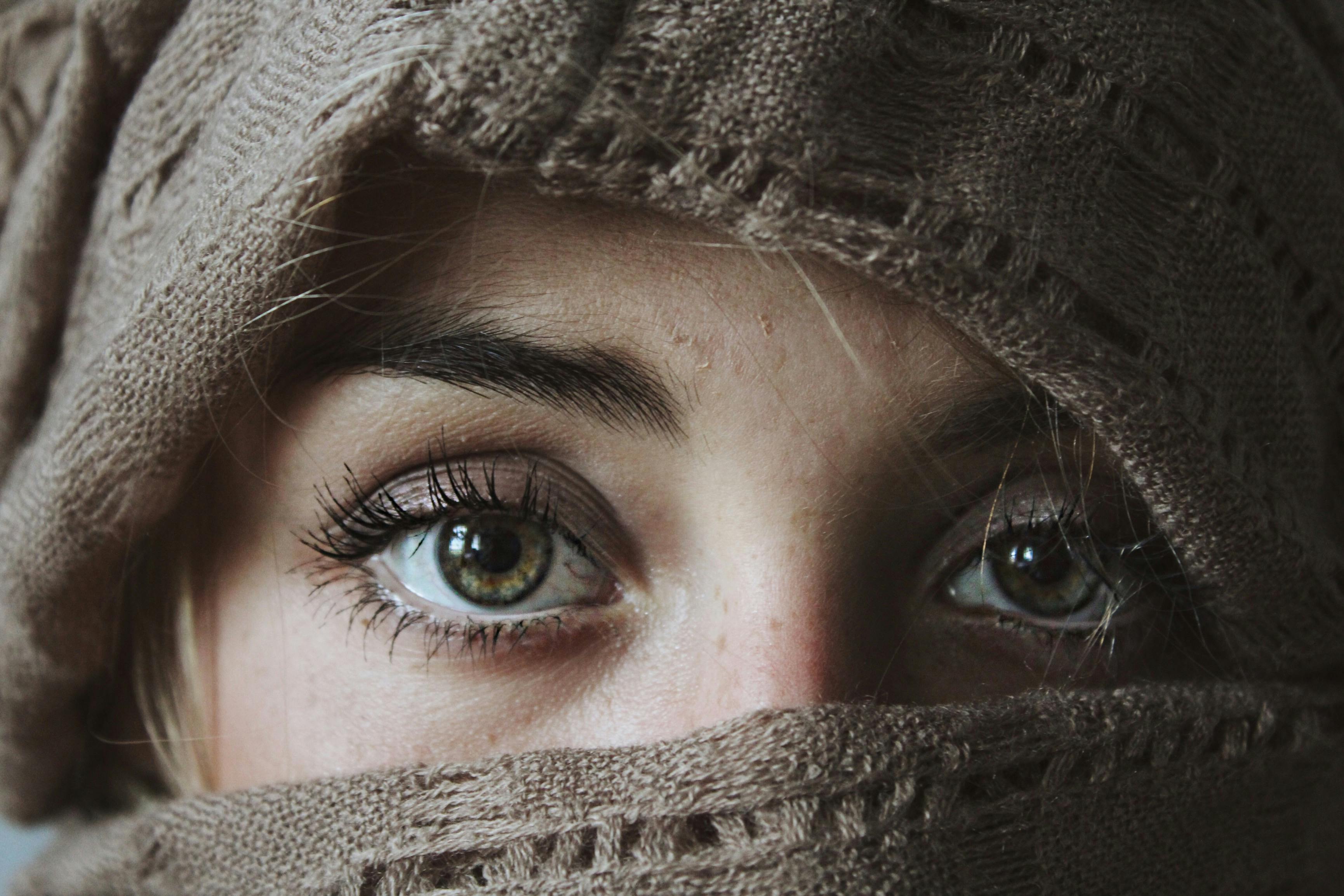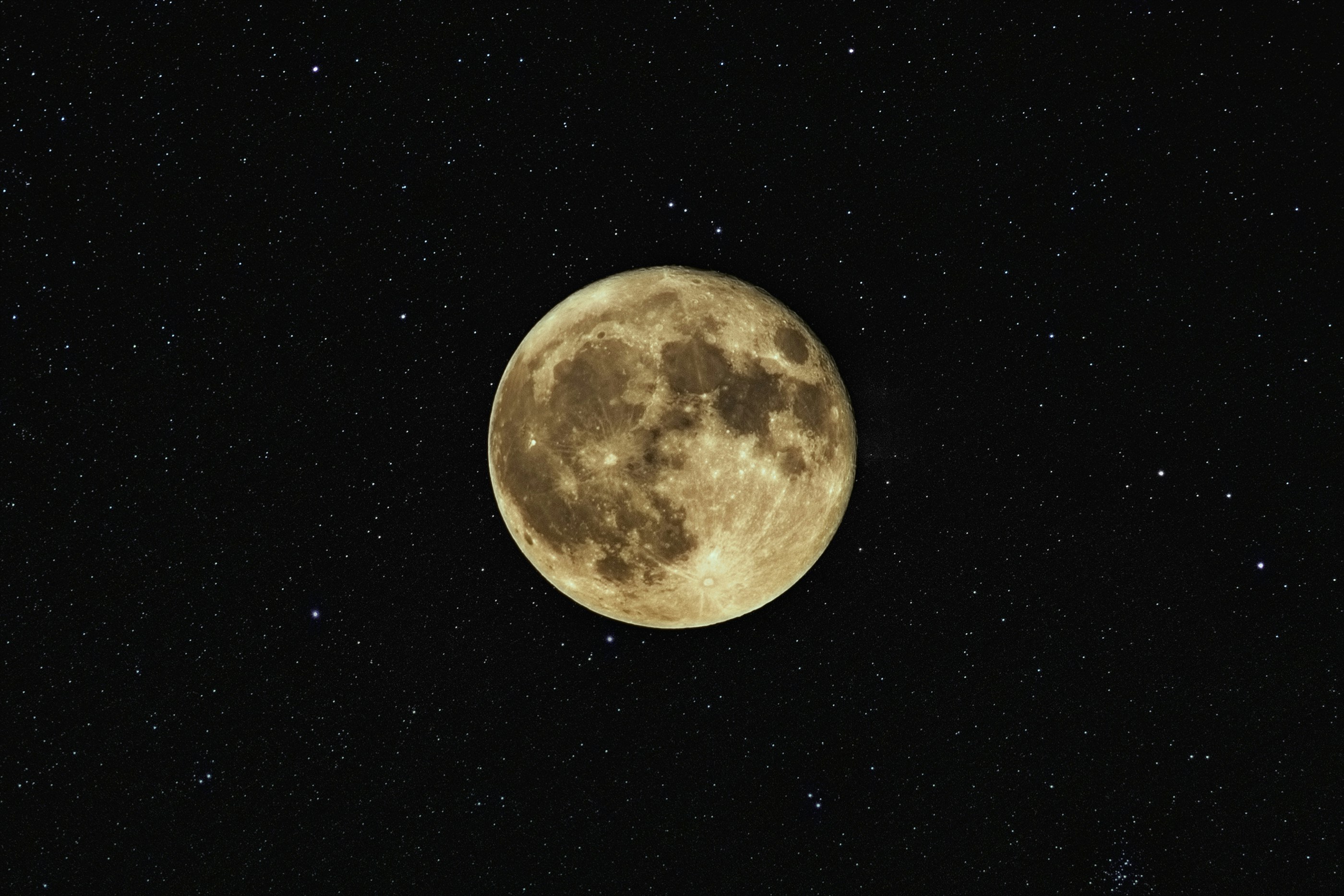The Disruption of Identity Through Grief
Sep-2024What role rituals have in the grieving process?
What role rituals have in the grieving process?

From ancient traditions to modern practices, rituals offer structure, comfort, and a sense of connection during one of life’s most challenging times. I remember visiting a mental health expert for the first time after losing my son, and I was surprised that she told me not to visit the graveyard when I want, but to try to stick to tradition and to dates.
It didn't make any sense to me back then, but now when I think about it from this perspective, I understand that it is easier for people not to get lost in grief if they follow specific rituals connected to grieving.
Before I continue with this story, let's first explain what rituals represent in the grieving process.
What are rituals? Those are structured, often symbolic actions performed in a prescribed manner. They are a way to mark significant life events and transitions, providing a framework for individuals and communities to express and process their emotions. In the context of grieving, rituals help mourners articulate their sorrow, honor the deceased, and begin the process of healing.
Are there some psychological benefits of rituals?
As mentioned above already, I was advised to follow rituals and cultural traditions related to funerals, grief, sadness, and losing a child. I was very angry to hear that you shouldn't grieve in a way you want. I still think everyone should grieve in a way they want or need, but what I know now is that rituals in the grieving process can help you not get lost, feel at least a little sense of belonging and that you are understood when need it the most.
Here are the biggest benefits of rituals a grieving person can experience:
1. Providing Structure and Predictability: Grief can feel chaotic and disorienting. Rituals introduce a sense of order and predictability, offering a structured way to confront and express emotions. The repeated nature of rituals—whether it’s lighting a candle, saying a prayer, or performing a memorial act—creates a reliable anchor amid the storm of grief.
2. Facilitating Emotional Expression: Rituals often involve communal participation, which can encourage mourners to openly express their feelings. Group rituals, such as funeral services or wake gatherings, provide a shared space for individuals to communicate their grief, receive support, and validate each other’s experiences.
3. Honoring and Remembering: Rituals offer a formal opportunity to pay tribute to the deceased. Through ceremonies, stories, and symbolic acts, mourners can celebrate the life and legacy of the person who has passed away. This act of remembrance is crucial in acknowledging the significance of the loss and integrating it into one’s life narrative. Memories are often crucial to get comfort, yet they can be disturbing. That's why you need the support of your family and friends. When everyone keeps the memory of your child alive, you will come to the last step of the grieving process in a bit easier manner.
What are The Most Common Types of Grieving Rituals?
Now that we have pointed out the most common psychological benefits one can have from the rituals in the grieving process, let's list the most common types of grief rituals. Depending on the culture, those usually include:
1. Funerals and Memorial Services: The most common ones, funerals in 99% provide a structured setting where friends and family can come together to honor the deceased, share memories, and support one another. Memorial services often serve a similar purpose, allowing for personal reflection and communal mourning.
2. Cultural and Religious Practices: Different cultures and religions have specific grieving rituals. For instance, in Judaism, the Shiva period involves seven days of mourning where the family receives visitors and participates in prayers and reflections. In Hinduism, rituals such as the Antyesti (last rites) and shraddha (annual rites) are performed to aid the deceased's journey in the afterlife and to honor their memory.
3. Personal and Family Rituals: Beyond formal ceremonies, individuals and families may create their own rituals to cope with loss. This could include lighting a candle on the anniversary of the death, creating a scrapbook of memories, or visiting a special place that was significant to the deceased. These personalized rituals can be deeply meaningful and offer comfort in a way that aligns with the mourner’s personal beliefs and experiences.
4. Commemorative Acts: Acts such as planting a tree, dedicating a bench, or engaging in charity work in the deceased’s name can serve as enduring tributes. These acts not only honor the individual’s memory but also create a lasting legacy that can be revisited and celebrated over time. Our art section also counts as a commemorative act of some sort.
Can rituals create an impact on the grieving process?
I have answered this already, but we can make it the conclusion of this blog post.
Rituals in grief are significant for providing various forms of support, including validation of grief, and helping affirm that grief is a natural and necessary response to loss. Then we have facilitating acceptance, which helps mourners gradually accept the reality of their loss. Promoting healing is the third impact rituals have in the grieving process. They can be therapeutic, offering an opportunity for reflection and connection.
What are your thoughts on rituals in the grieving process?




Emma1
01 Sep 2024, 11:05